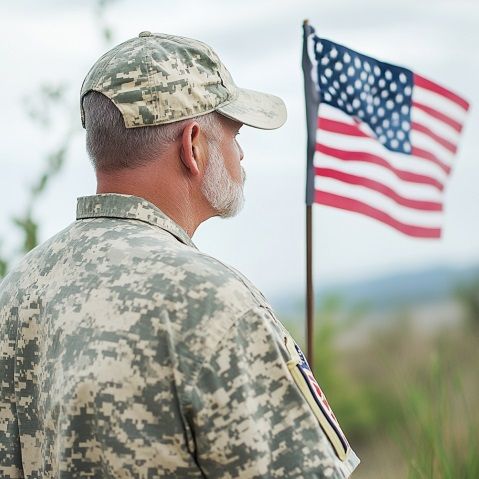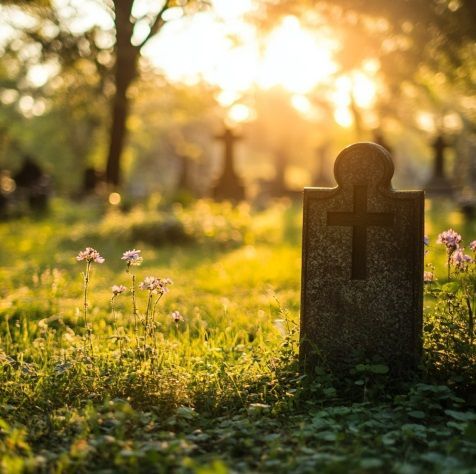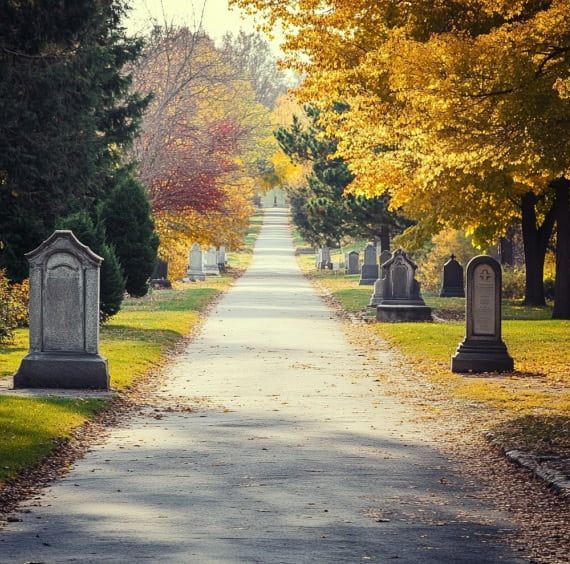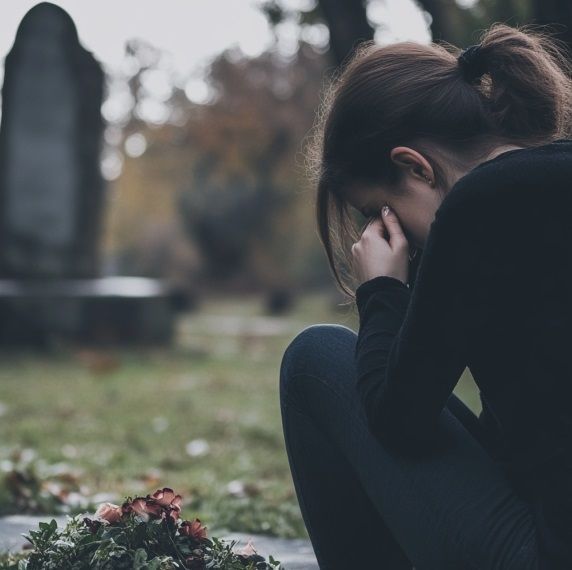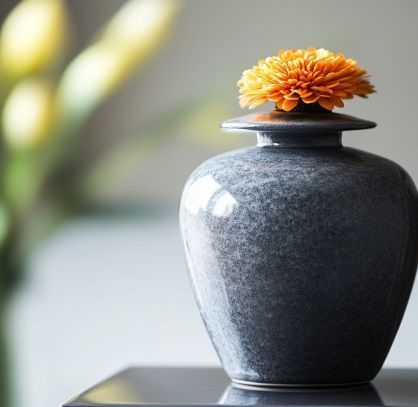Busted Body Donation Myths
Many people base all their knowledge on body donation on myth. If you’re considering body donation for before cremation services, these busted myths can help.
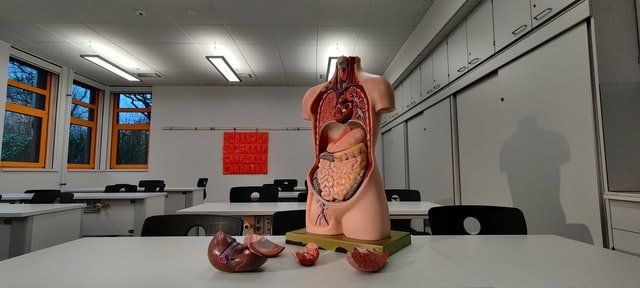
Most people assume that their only two options for their bodies after they’re gone are traditional burial and cremation services in Nichols Hills, OK. However, body donation is a valid and honorable option that should be more popular.
Why isn’t it? It might be because people put too much stock in body donation myths that aren’t based in fact. According to the National Funeral Directors Association (NFDA), a full organ donor will either save or better the lives of 6 to 8 people, while a full tissue donor can better the lives of 50 or more people. Whether the body is used for research, transplants, or even both, body donation saves lives. Giving all or part of your body to help save others is noble and always appreciated. Even though body donation is so important, all most people know about it is based on myth. The following are body donation myths and their truths to set the record straight.
1. The Organization Won’t Respect the Body – Most people fear that their bodies will be disposed of in any way the organization feels after the donation is complete. This is not true. The majority of bodies donated are cremated after any procedures are completed. In fact, some medical facilities that get a lot of body donations often have a memorial service at the end of their training in recognition and respect for their donors. In many cases, the cremated remains can also be returned to the family, if they so choose.
2. Body Donation Costs More – There is absolutely not cost to the donor or donor family involved in body donation. In fact, the organization that receives the body pays all related donation costs. For example, if it’s a transplant, the receiving patient’s insurance usually covers the cost. Or, if the body is being donated to a medical training facility, the facility furnishes all necessary costs.
3. No One Wants a Sick Body – Don’t assume that a body won’t qualify as a donor because of disease or other sickness. Some diseases only affect one part of the body, making the rest totally viable. For example, someone that died of heart disease may still be able to donate his or her eyes. Let the professionals decide if your body is a prospect for donation.
4. Donors Don’t Get Saved – A common way of thinking is that doctors and nurses don’t work as hard to save donors, but this couldn’t be further from the truth. When you’re in a hospital or doctor’s office, the medical professionals are only focused on helping you, not some amorphous donor. Organ and tissue donation is only considered when there is no other option to save or revive the potential donor in question.
We are here to help if you want to learn more about body donation, or about Nichols Hills, OK cremation services. You can count on us for experienced, compassionate, and reliable service. Please visit us or give us a call today for more information about what we can do for you.

